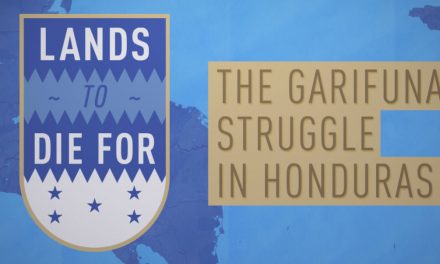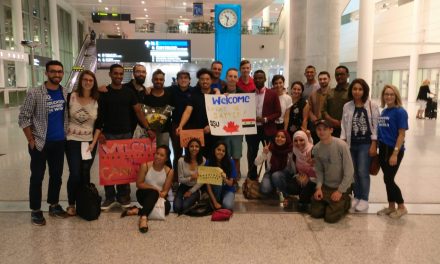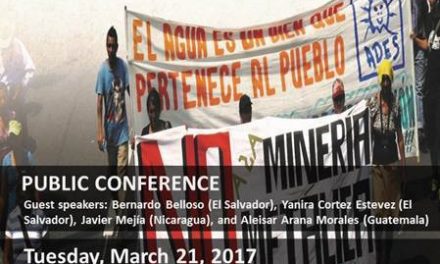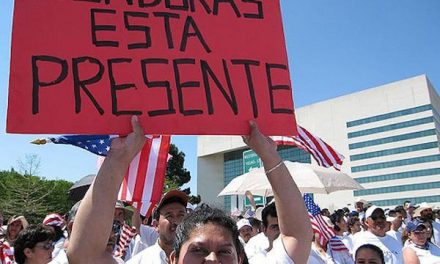The Situation of Human Rights and Democracy in Honduras Since the Elections of November 2013
Written testimony of Alexander Main to the Subcommittee on International Human Rights of the House of Commons of Canada; December 9, 2014.
Center for Economic Policy and Research
Thank you for this opportunity to discuss with you the current situation of human rights and democracy in Honduras. In my work as an analyst for the Center for Economic and Policy Research, I focus primarily on political, economic and social developments in Latin America and the Caribbean. For the past five years I have been closely monitoring developments in Honduras and have had frequent interaction with human rights defenders, academics, journalists and officials located in that country.
On June 28, 2009, a coup d’Etat led to the forced removal of democratically elected President José Manuel Zelaya. The coup was followed by widespread repression, media closures and censorship and a prolonged political crisis. Elections held under the coup government of Roberto Micheletti in late 2009 were boycotted by opposition groups and were recognized by only a small number of the region’s governments, among them the U.S. and Canada.
Honduras has long been plagued by poverty, high levels of crime, and weak and corrupt institutions. The 2009 coup dramatically escalated these problems and has sparked significant regression in other areas. Following the coup, the Honduran government’s democratic legitimacy was severely compromised; targeted killings, violent attacks and threats against members of at-risk sectors of society escalated; impunity reached record levels; and law enforcement became increasingly militarized.
In November of 2013, new elections were held. Opposition parties participated, the European Union and Organization of American States sent electoral monitors, and human rights groups expressed hope that the elections would allow the country to begin turning the page on the coup and its bitter aftermath. This hope was dampened by political violence and reports of irregularities and fraud.
My presentation today will focus on the 12 months that have transpired since these elections. I’ll offer my assessment of whether or not the country’s negative trends in the areas of human rights and democracy have begun to reverse course under the government of the contested winner of the 2013 elections, Juan Orlando Hernández. I’ll focus on addressing the issues that the Subcommittee has expressed particular interest in, and will also touch on additional aspects that I believe can help provide a better understanding of the overall situation.





